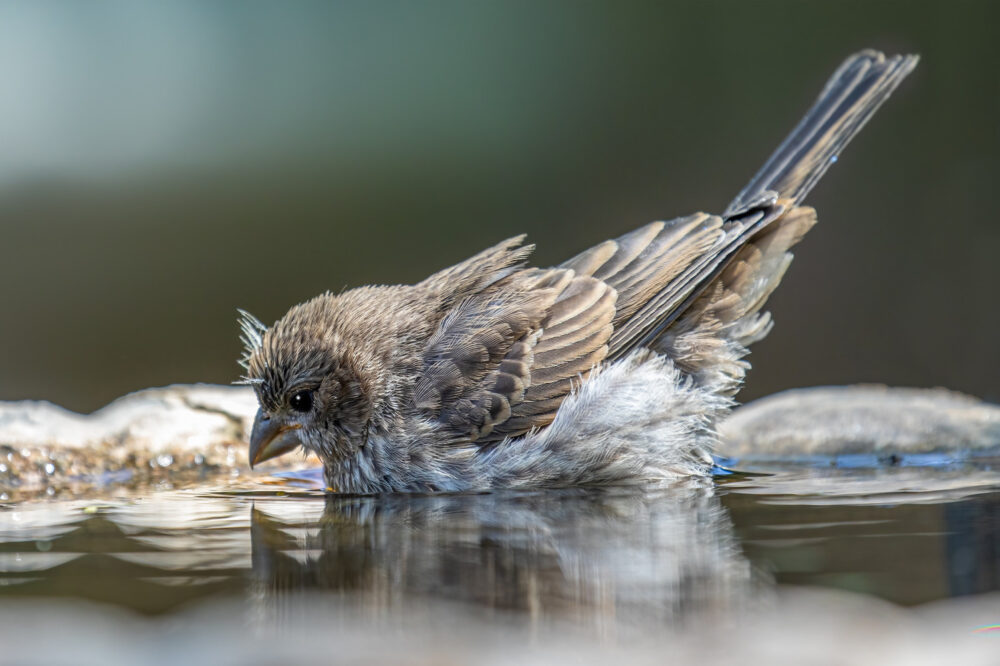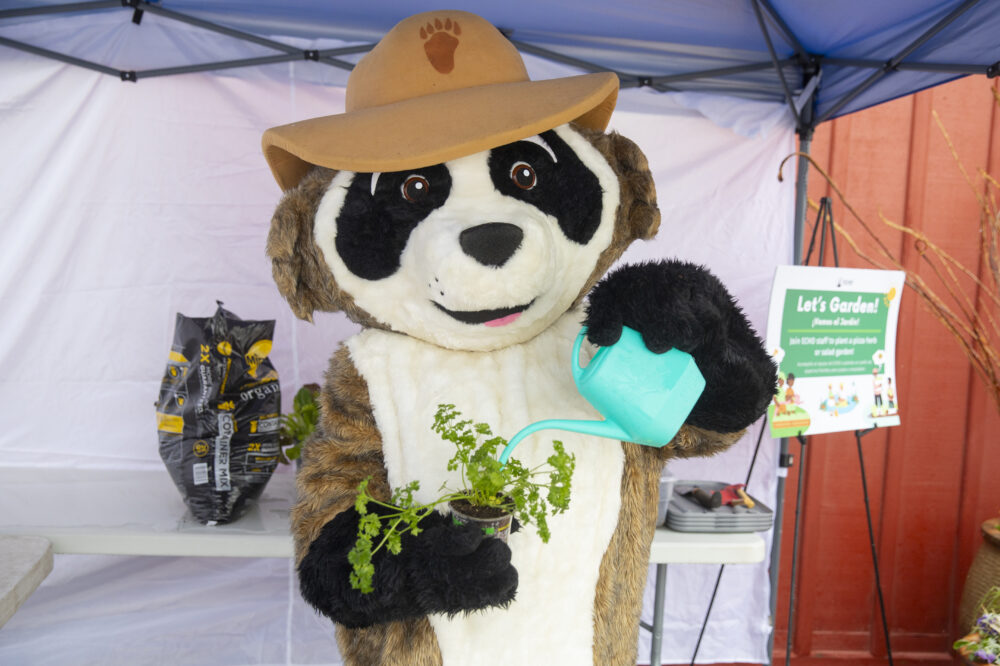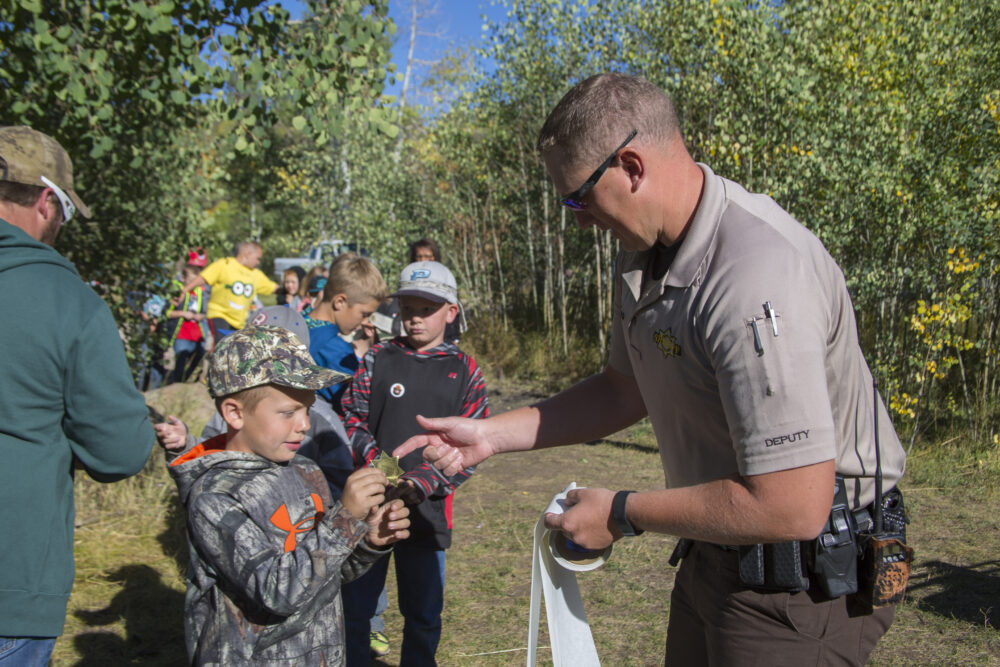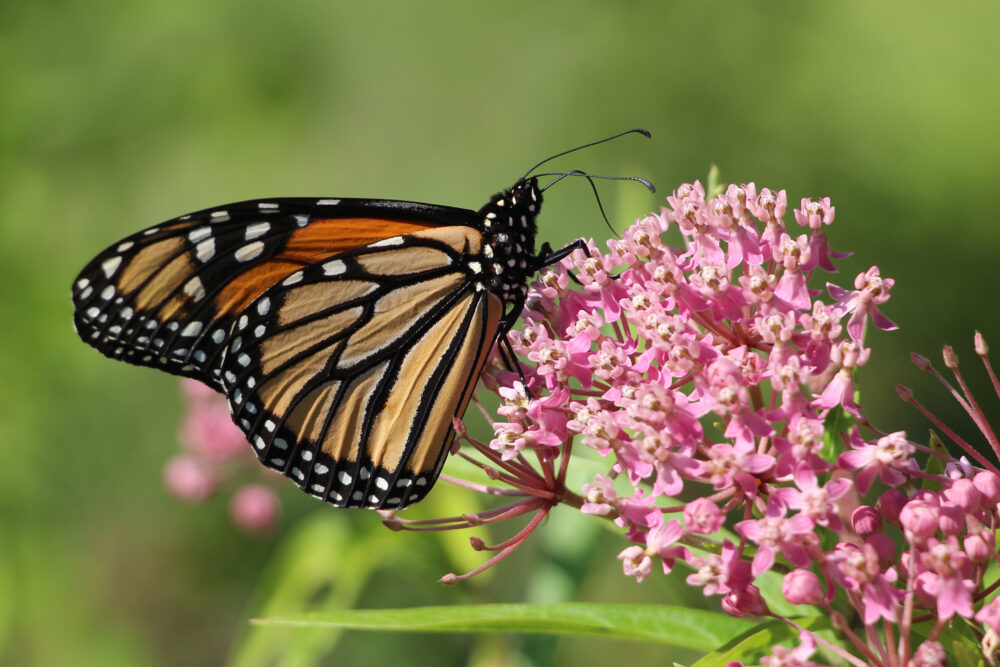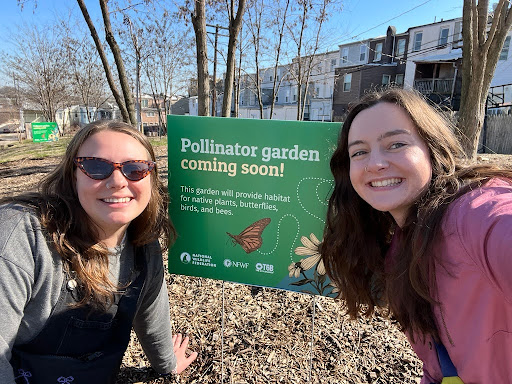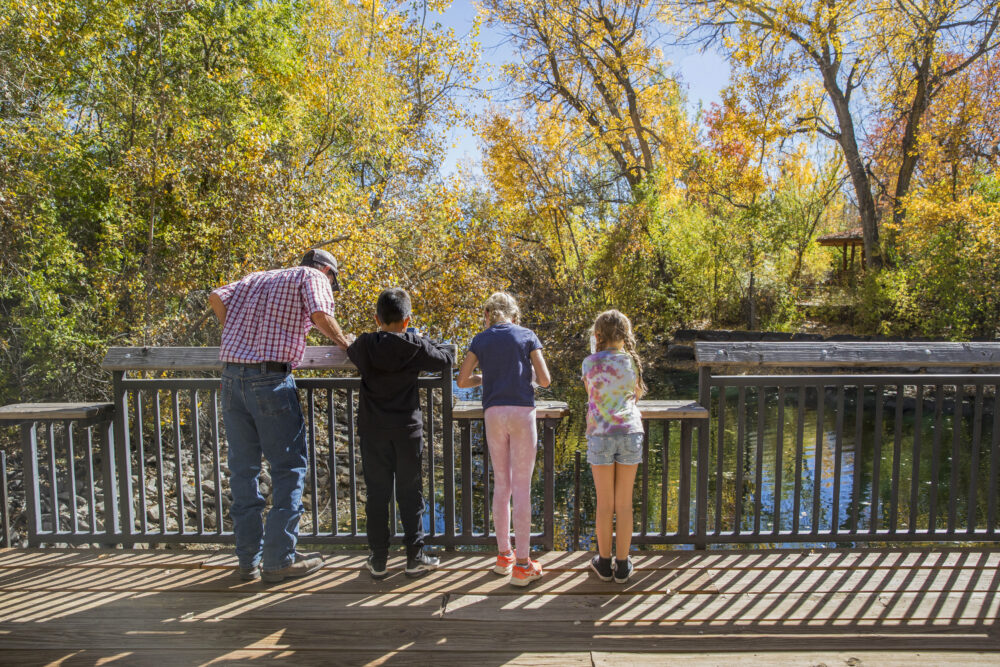We have much more to do and your continued support is needed now more than ever.
Growing On Campus: 4 Sustainable Gardens at American Colleges & Universities
National Wildlife Federation’s 2011 campus sustainability case studies are online now at www.nwf.org/campuscasestudies. The following is the first in a series of blog posts to highlight some of the notable projects and trends represented in our database.
Campuses nationwide are making great strides to green their operations and curricula, but one green topic seems to be especially popular for 2011 – campus gardens. Colleges and universities are planting gardens on campus for a few reasons: they provide experiential learning opportunities for agriculture students, a source of local food for dining halls, and green space for the campus and wider community. Several campuses were featured in the 2011 case study database for their campus garden projects, a few highlights include:

• Dominican University (IL) In May 2011, a community garden was launched, engaging volunteer faculty, staff, and students, along with members from the community and children from the campus daycare facility. The garden is an ongoing educational and recreational project blooming before its volunteer’s eyes. It is watered each morning, and shift leaders take a day or two each week to teach others about gardening. Organic gardening methods are used (compost, in the form of coffee grounds, eggshells and other leftovers, is collected from staff lounges weekly and dispersed around the garden as needed. As produce ripens, volunteers can take whatever they will use. The remainder is brought weekly to the local food pantry. Learn more about this project.
• George Mason University (VA) The Potomac Heights Vegetable Garden was introduced in April 2009 with the help of George Mason’s Office of Sustainability. A student club, the GMU Organic Garden Association, oversees the garden and is responsible for outreach and education as well as coordinating volunteer efforts. Mason Dining Executive Chef Peter Schoebel and Auxiliary Enterprises and Campus Retail Operations Executive Director Mark Kraner worked together to arrange vegetables grown at the garden to be sold to Southside, a central dining facility at Mason’s Fairfax campus. Learn more about this project.

• The University of Minnesota Morris has partnered with local businesses, student groups and representatives of Native American nations to establish a garden adjacent to the campus to honor the knowledge and cultural practices of traditional Native American farming. The garden provides access to fresh, organically-grown traditional fruits and vegetables on campus. The garden was tilled and planted this summer and the fruits and vegetables are being harvested this fall. Learn more about this project.

• The University of Texas at Austin Concho Community Garden, the first of its kind on campus, provides students and staff with the opportunity to garden, learn and share knowledge about food production, pursue sustainability-minded projects and participate in free classes and events. Food at the garden is grown for individual consumption, for use in UT’s dining halls, for donation and, organizers hope, eventually to supply an on-campus garden stand. Learn more about this project.


